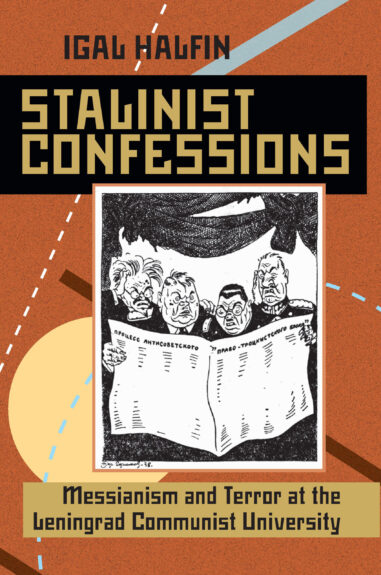During Stalin’s Great Terror, accusations of treason struck fear in the hearts of Soviet citizens-and lengthy imprisonment or firing squads often followed. Many of the accused sealed their fates by agreeing to confessions after torture or interrogation by the NKVD. Some, however, gave up without a fight. In Stalinist Confessions, Igal Halfin investigates the phenomenon of a mass surrender to the will of the state. He deciphers the skillfully rendered discourse through which Stalin defined his cult of personality and consolidated his power by building a grassroots base of support and instilling a collective psyche in every citizen. By rooting out evil (opposition) wherever it hid, good communists could realize purity, morality, and their place in the greatest society in history. Confessing to trumped-up charges, comrades made willing sacrifices to their belief in socialism and the necessity of finding and making examples of its enemies.Halfin focuses his study on Leningrad Communist University as a microcosm of Soviet society. Here, eager students proved their loyalty to the new socialism by uncovering opposition within the University. Through their meetings and self-reports, students sought to become Stalin’s New Man. Using his exhaustive research in Soviet archives including NKVD records, party materials, student and instructor journals, letters, and newspapers, Halfin examines the transformation in the language of Stalinist socialism. From an initial attitude that dismissed dissent as an error in judgment and redeemable through contrition to a doctrine where members of the opposition became innately wicked and their reform impossible, Stalin’s socialism now defined loyalty in strictly black and white terms. Collusion or allegiance (real or contrived, now or in the past) with “enemies of the people” (Trotsky, Zinoviev, Bukharin, Germans, capitalists) was unforgivable. The party now took to the task of purging itself with ever-increasing zeal.



